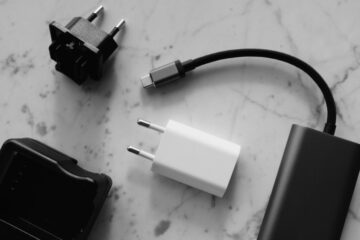Back in 2018, Twitter launched an AI-powered content curator project, in conjunction with the University of Washington in Seattle. Researchers called it “the Conversation-Rater” and the project was designed to highlight news stories and tweets related to a wide range of topics. The project caught the attention of the media and investors alike, as the Conversation-Rater was like nothing anyone had ever seen before.
However, when the project was revealed, it was quickly shut down by Twitter due to the criticism it was receiving. It seems that the project had raised a lot of eyebrows due to its potential for manipulation – critics were worried about its ability to spread fake news, filter out certain opinions and favor certain accounts over others.
But it wasn’t the criticism that caused the project to be shut down – it was the sudden intervention of Elon Musk. The high-profile Tesla CEO had become involved in the project, claiming that the Conversation-Rater had a “massive hidden bias” and was “manipulating people’s thinking”. But, rather than address his concerns, Twitter simply closed the project down.
The decision sparked a race against time to save the Conversation-Rater, as many felt that there was still immense value in the research. A group of scientists and developers, including some of the original researchers, organized to try and save the project. They set up a new organization, the Conversation-Rater Preservation Society, with the goal of archiving the project and making sure its data and findings were preserved.
The Society has made some progress in its mission, although it has faced several major hurdles. For one, its research was no longer available on the Twitter platform, which meant that much of the data and findings were inaccessible. In addition, the Society had to find a new platform to host their data, as Twitter had shut down the project altogether.
Despite all the obstacles, the Conversation-Rater Preservation Society managed to find a way to keep the project alive. With the help of the University of Washington, the Society was able to secure access to the project’s data, as well as new sources of funding. With the help of these funds, the Society was able to find a new platform to host the project, allowing its work to continue.
The Conversation-Rater Preservation Society has also made some headway in combating Elon Musk’s criticisms. The Society has focused on collecting data and evidence that the project was completely unbiased and did not manipulate user’s thinking in any way. As part of this effort, they have collected over 100 million tweets and are beginning to analyze them to demonstrate the Conversation-Rater’s innocence.
So far, the work of the Conversation-Rater Preservation Society has been successful. While the project still faces several major obstacles, the Society has managed to keep the Conversation-Rater alive, and its research continues to be preserved. Moving forward, the Society hopes to continue its work, ensuring that the project’s data and findings are available for everyone to see.
The Conversation-Rater project may never be the same, but the Society’s efforts show that science and data can be preserved against outside interference. Even though it’s been two years since Twitter shut down the Conversation-Rater, the Society’s work stands as a testament to the power of scientific data, and the importance of protecting it.




